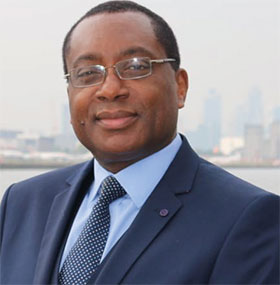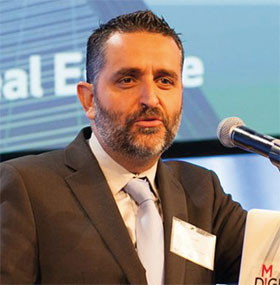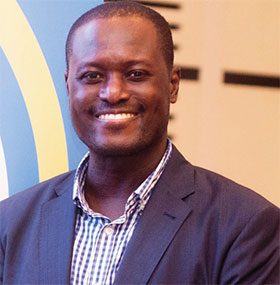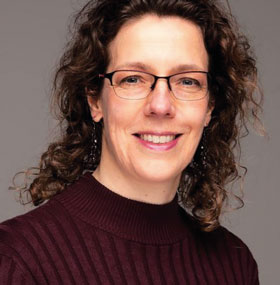Invited Speakers
 Prof. Egbu is the vice chancellor of Leeds Trinity University, United Kingdom, becoming the first black person in such a role in any UK university. Professor Egbu’s research interests focus on project management, construction management and sustainable development; subjects about which he has written 12 books and contributed to more than 350 publications in various international journals and conferences.
Prof. Egbu is the vice chancellor of Leeds Trinity University, United Kingdom, becoming the first black person in such a role in any UK university. Professor Egbu’s research interests focus on project management, construction management and sustainable development; subjects about which he has written 12 books and contributed to more than 350 publications in various international journals and conferences.
He has supervised over 25 PhD students and examined over 100 PhD candidates worldwide.
In addition, he has acted as an external examiner to many undergraduate and postgraduate programmes in universities all over the world.
 Prof. Abimbola Windapo is a Professor at the Dept of Construction Economics & Management, University of Cape Town, with more than 28 years of experience in the construction field.
Prof. Abimbola Windapo is a Professor at the Dept of Construction Economics & Management, University of Cape Town, with more than 28 years of experience in the construction field.
She is a Registered Construction Project Manager with the SA Council for the Project & Construction Management Profession (SACPCMP) and Registered Builder with CORBON.
She is the first female Professor of Construction Economics in Africa. Her research focus is around construction industry development, business & project management from a performance & practice perspective.
 Professor Albert Saiz is the Daniel Rose Associate Professor of Urban Economics and Real Estate at the Massachusetts Institute of Technology, and formerly Director of the MIT Center for Real Estate (2014 - 2018).
Professor Albert Saiz is the Daniel Rose Associate Professor of Urban Economics and Real Estate at the Massachusetts Institute of Technology, and formerly Director of the MIT Center for Real Estate (2014 - 2018).
Professor Saiz serves as the Director of MIT’s Urban Economics Lab, which conducts research on real estate economics, urban economics, housing markets, local public finance, zoning regulations, global real estate, and demographic trends affecting urban and real estate development worldwide.
He teaches in both the MIT Urban Planning and Real Estate programs. Saiz currently serves as a Visiting Scholar at the Federal Reserve Bank of Philadelphia; a Research Fellow at the Institute for the Analysis of Labor (IZA– Bonn, Germany); a Board Member at the American Real Estate and Urban Economics Association, and as a Research Advisor for Buildzoom.com. He is also an Editor of the Journal of Housing Economics.
 Professor Samuel Laryea is the Head of the School of Construction Economics and Management at the University of the Witwatersrand.
Professor Samuel Laryea is the Head of the School of Construction Economics and Management at the University of the Witwatersrand.
A National Research Foundation (NRF) rated researcher in South Africa who has contributed more than 70 publications to the construction management literature and serve on the editorial boards of international journals in my field.
He is the chairperson of various accreditation panels; chairman of the West Africa Built Environment Research (WABER) Conference; and Editor of the African Journal of Built Environment Research.
 Rianne Appel is an Associate Professor in corporate real estate (CRE) and workplaces at the Department of the Built Environment of Eindhoven University of Technology (TU/e), in the Netherlands. In her research, she approaches CRE as an important strategic resource for (knowledge) organizations.
Rianne Appel is an Associate Professor in corporate real estate (CRE) and workplaces at the Department of the Built Environment of Eindhoven University of Technology (TU/e), in the Netherlands. In her research, she approaches CRE as an important strategic resource for (knowledge) organizations.
She focuses on 2 lines of research: 1) how the different workplaces in the current hybrid workspace should be managed strategically (corporate offices, coworking offices, and home environments) and 2) how location, building and workspace design choices for these different hybrid work environment types add value to driving forces of their users (such as employee health and productivity, innovativeness of the organization, and flexibility).
In order to carry out her scientific research, she relies on innovative methods of studying and measuring buildings and their usage. These include choice experiments, laddering interviews, experience sampling surveys, and sensor-based measurements.
